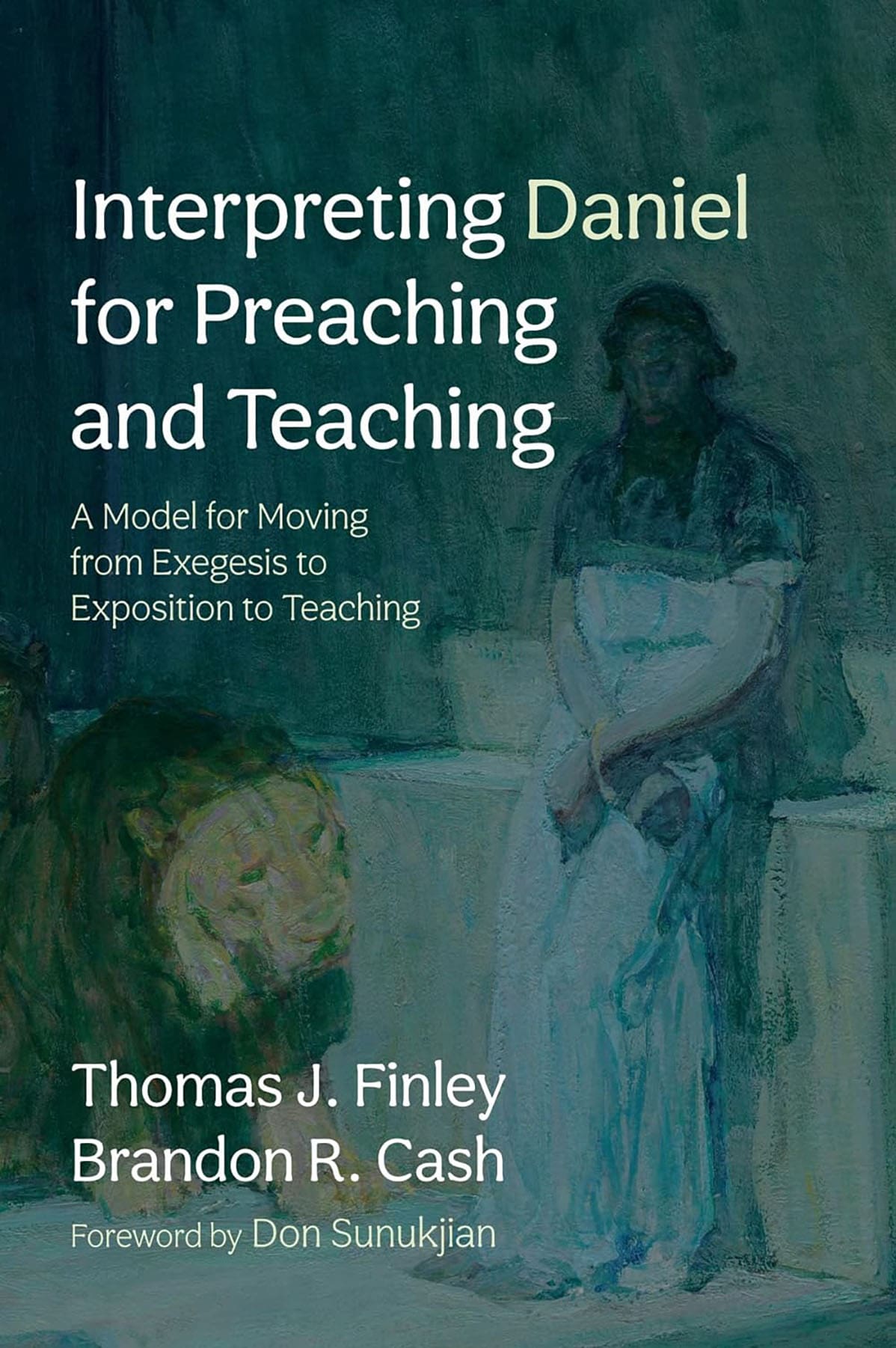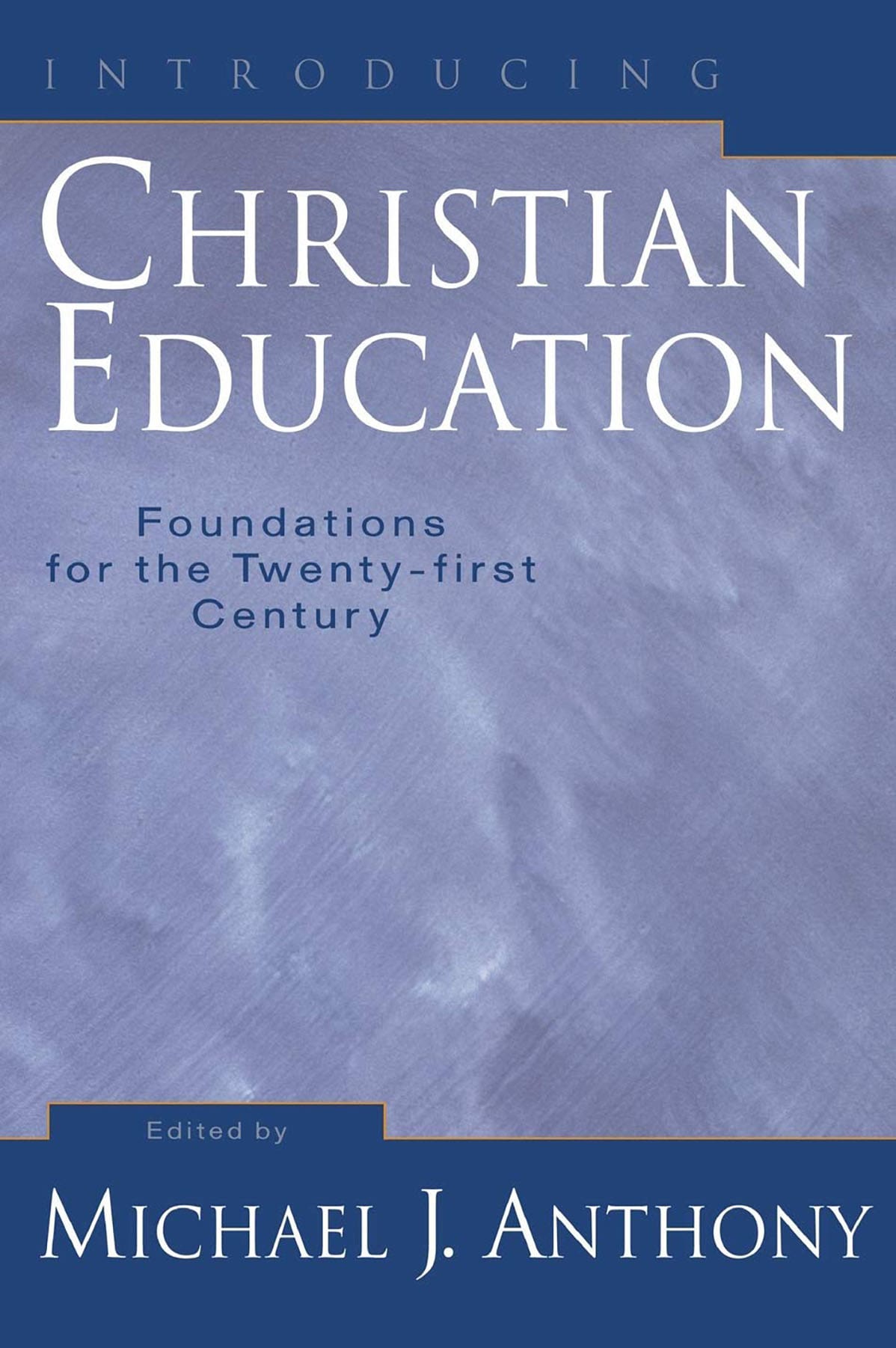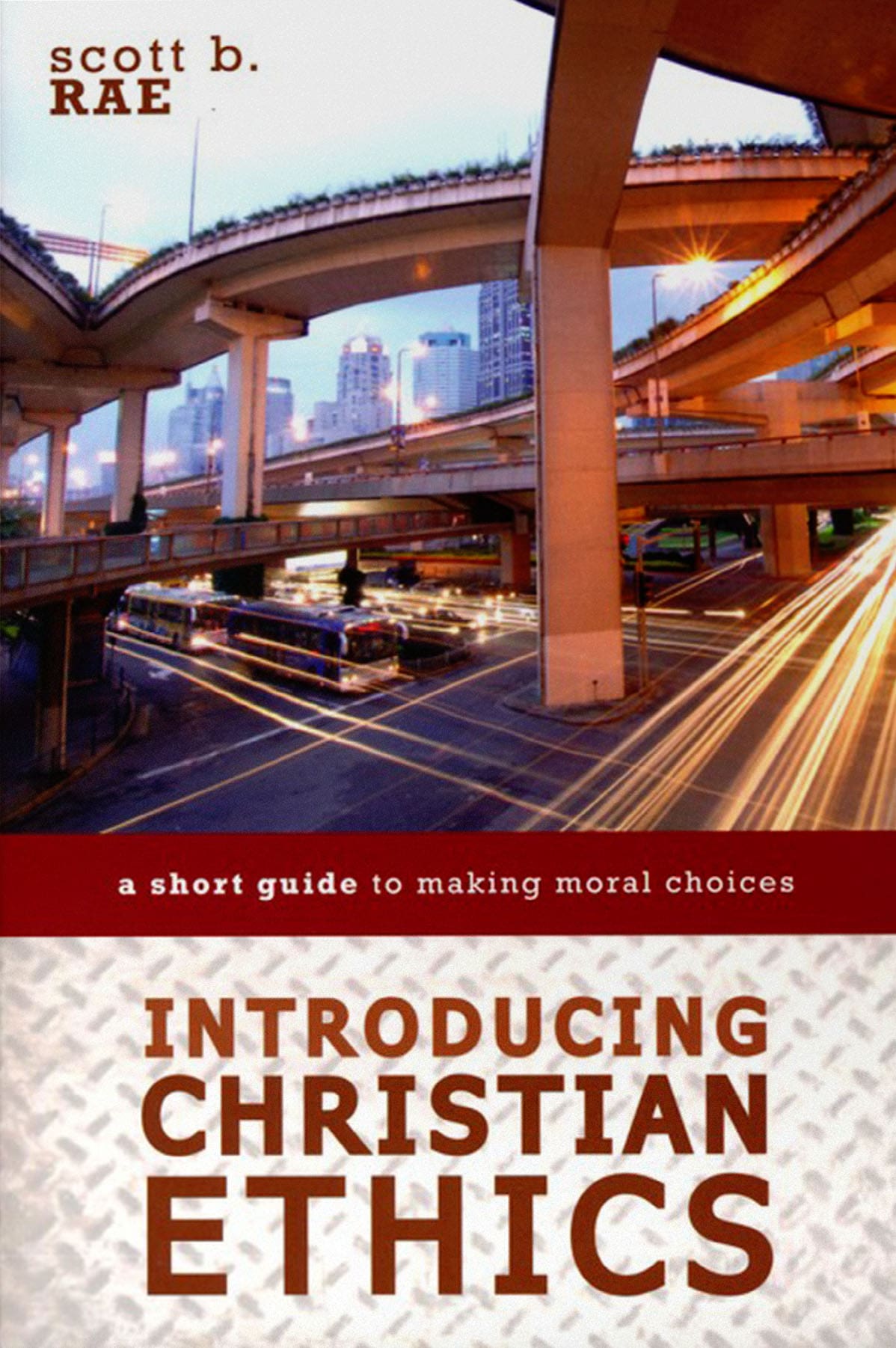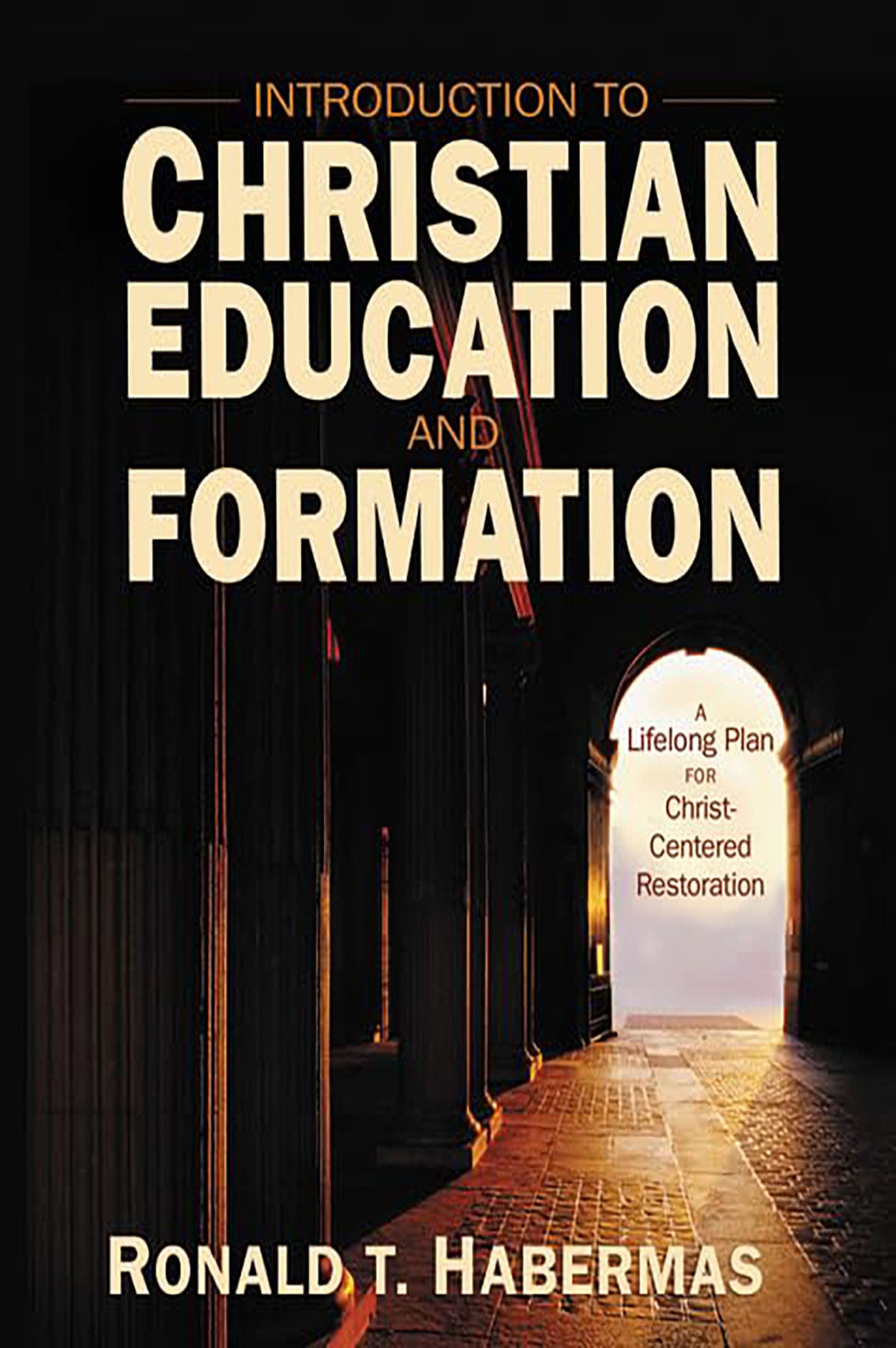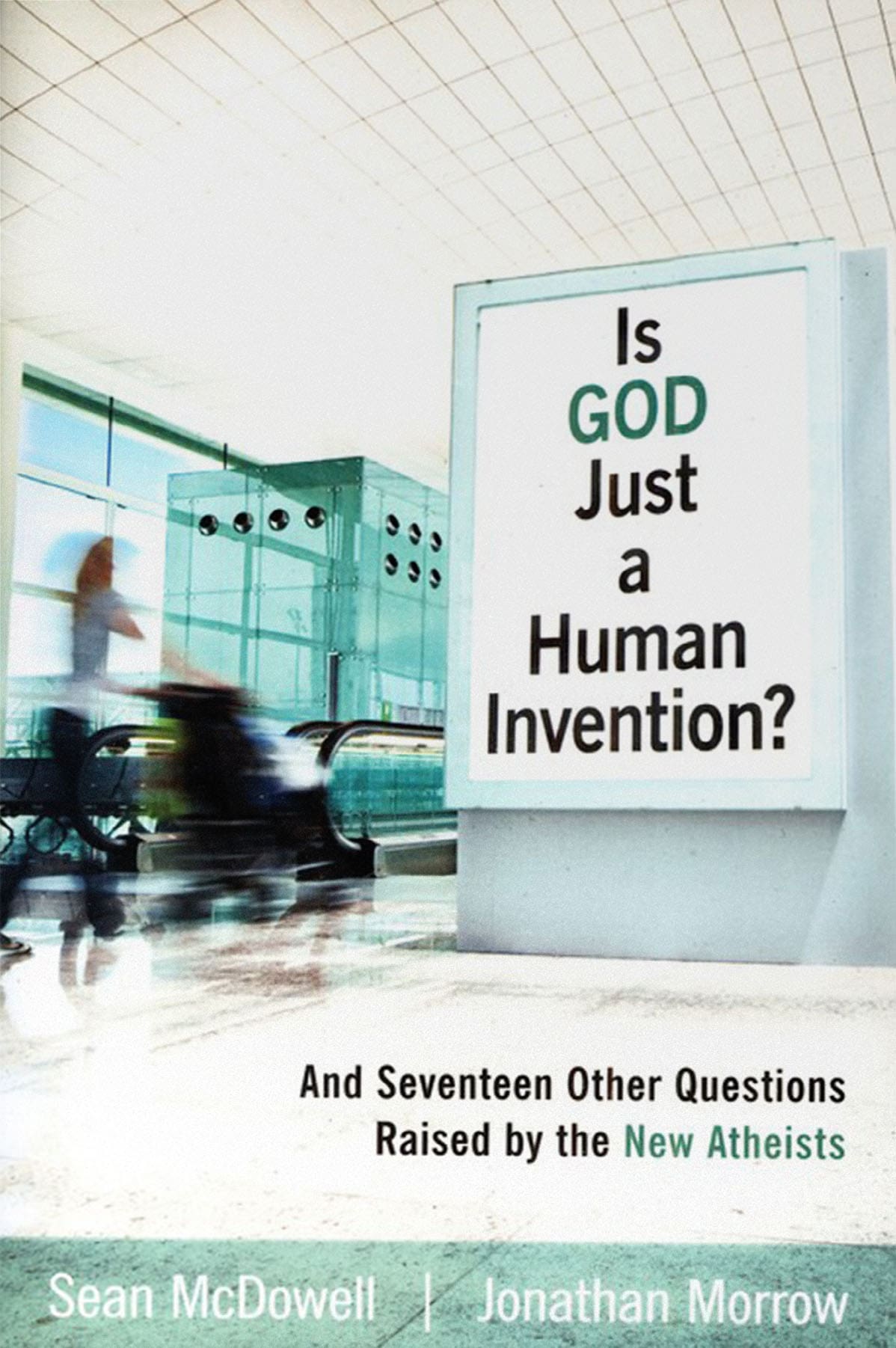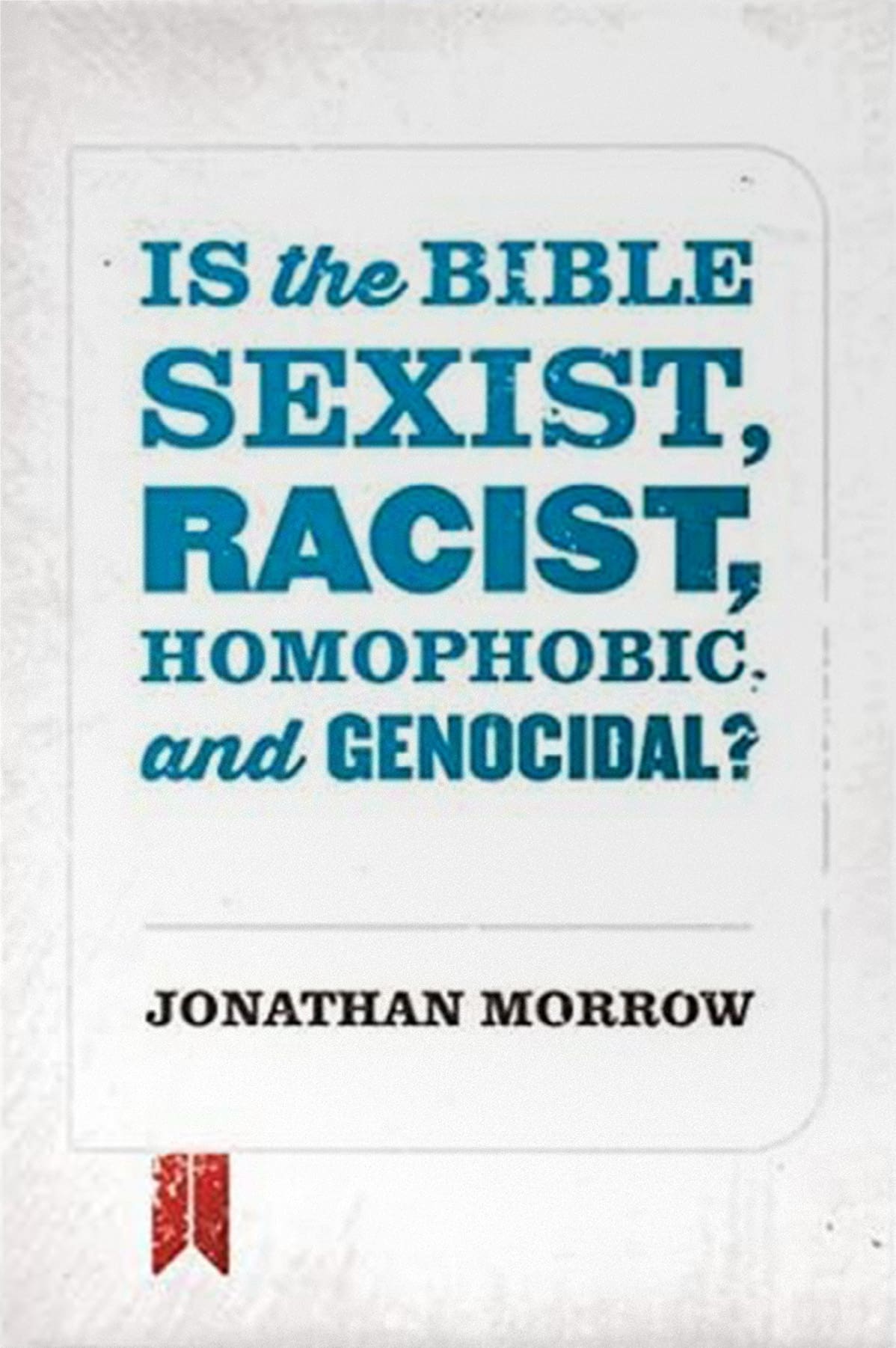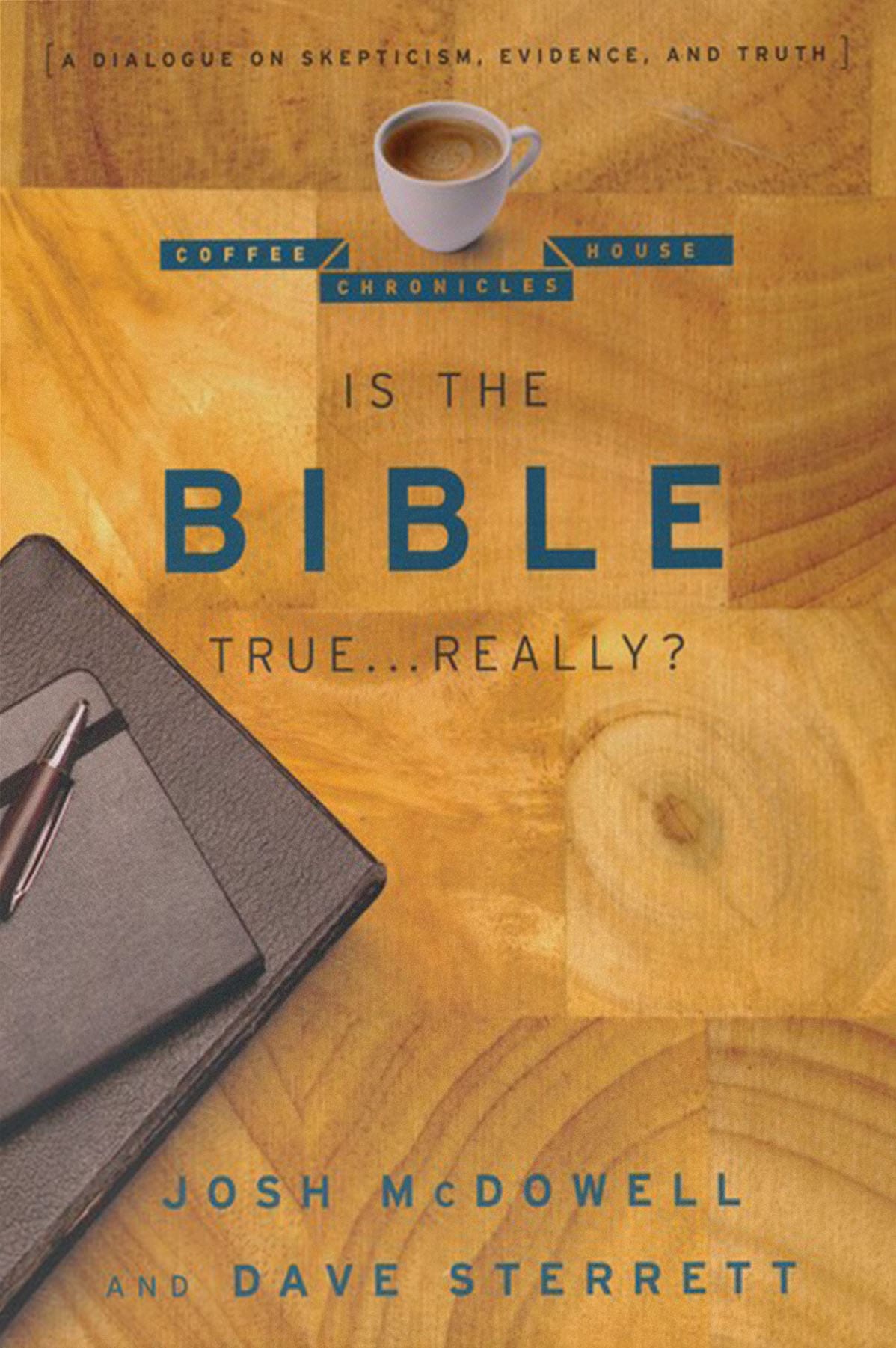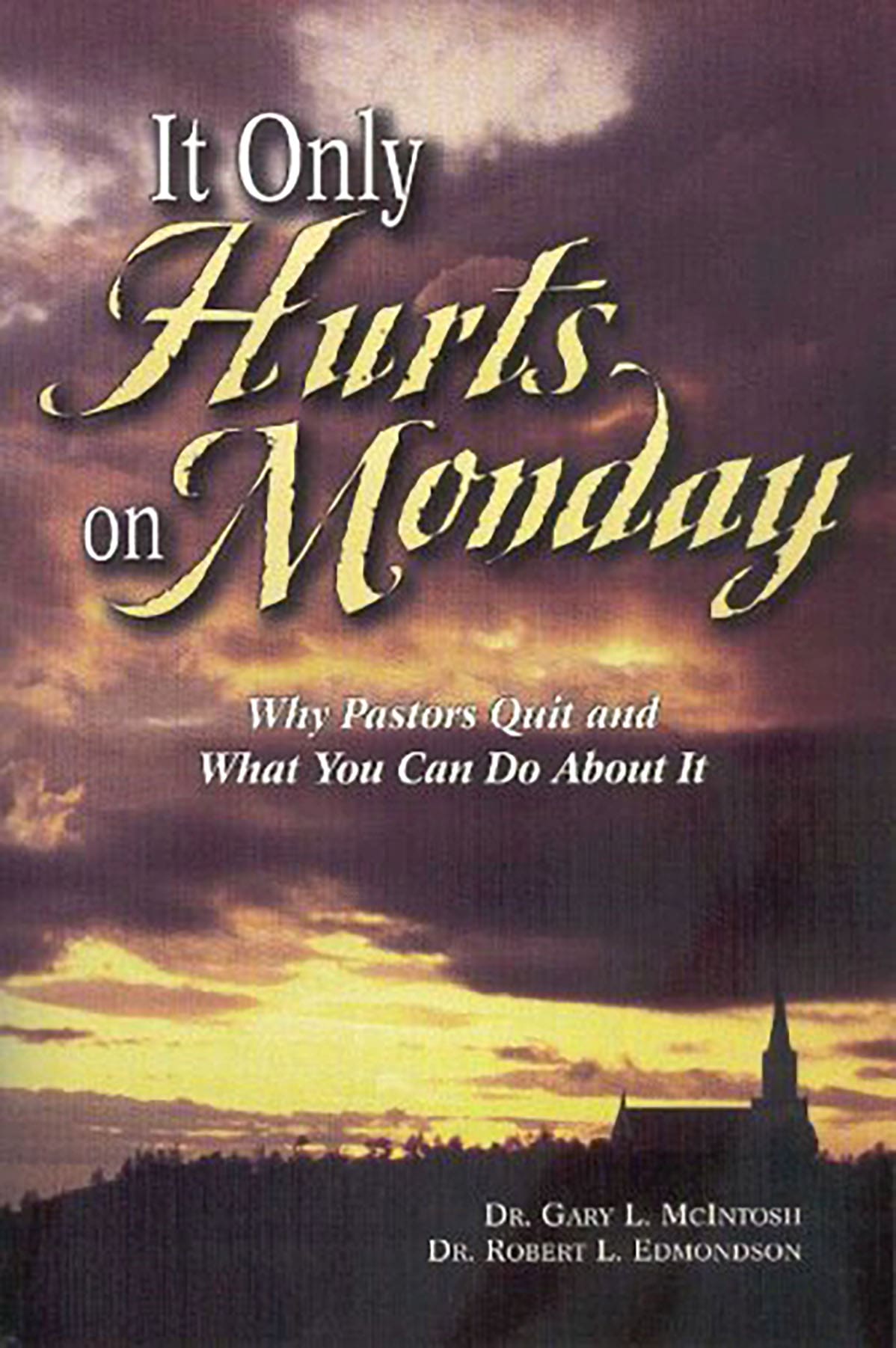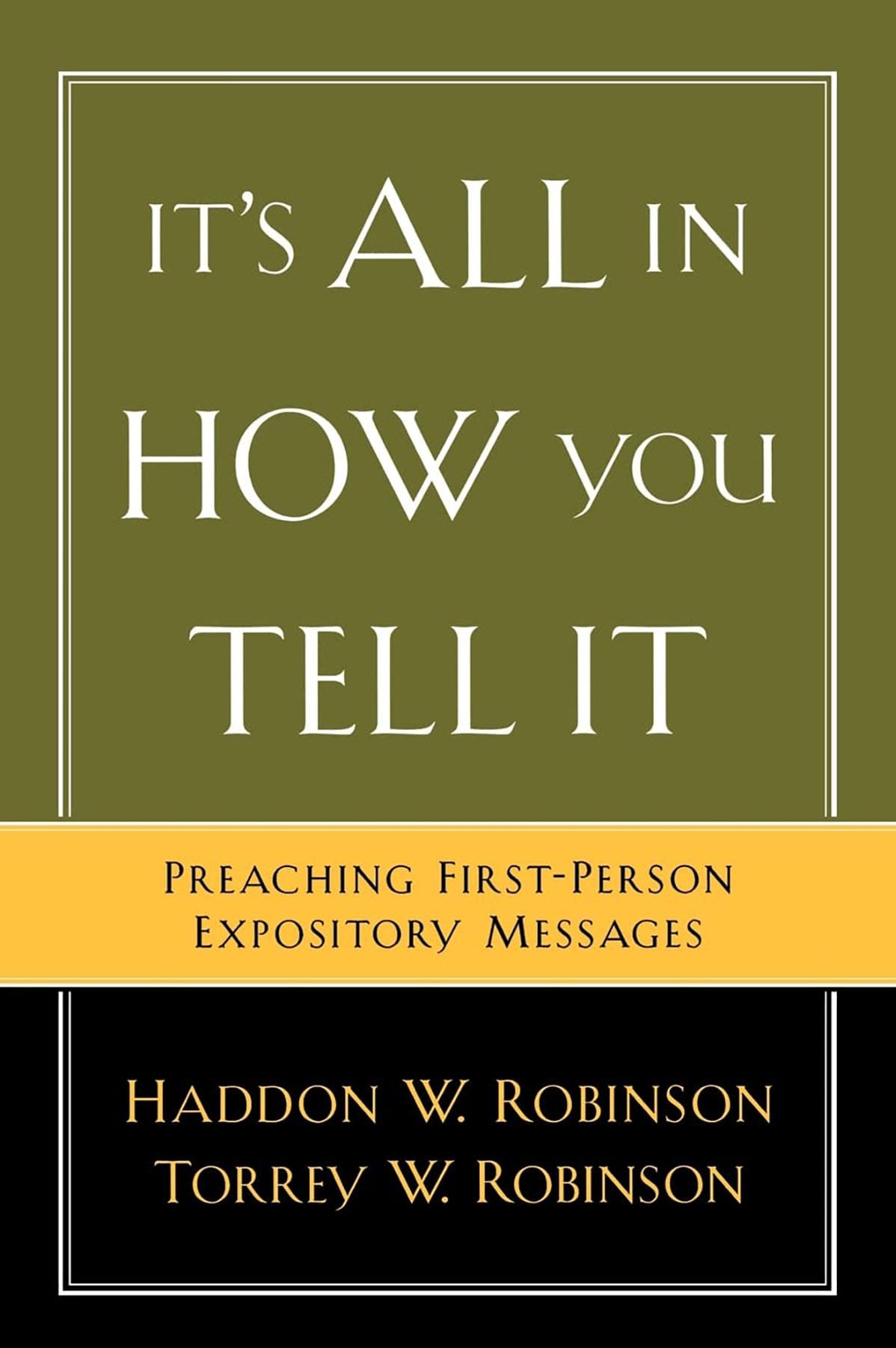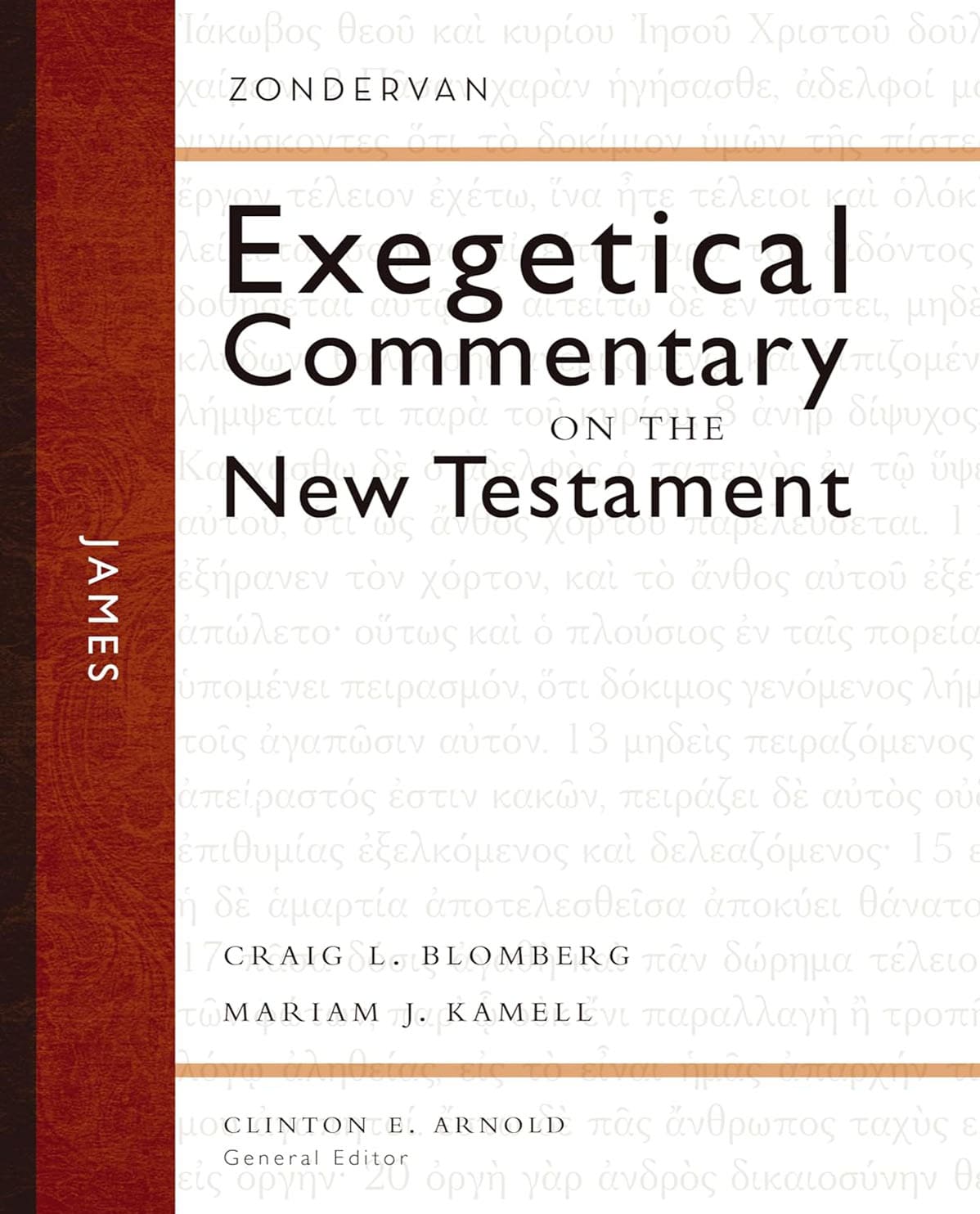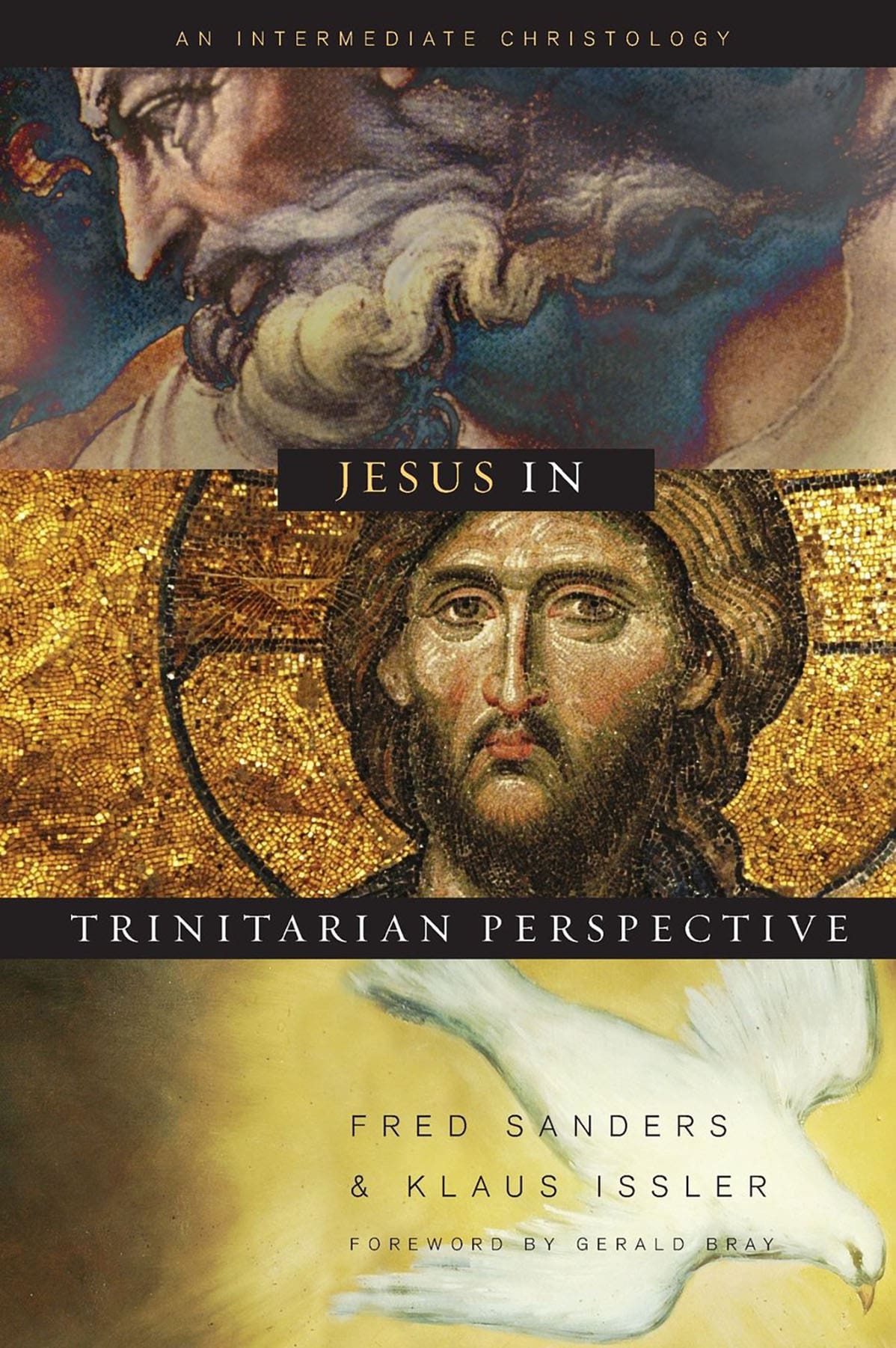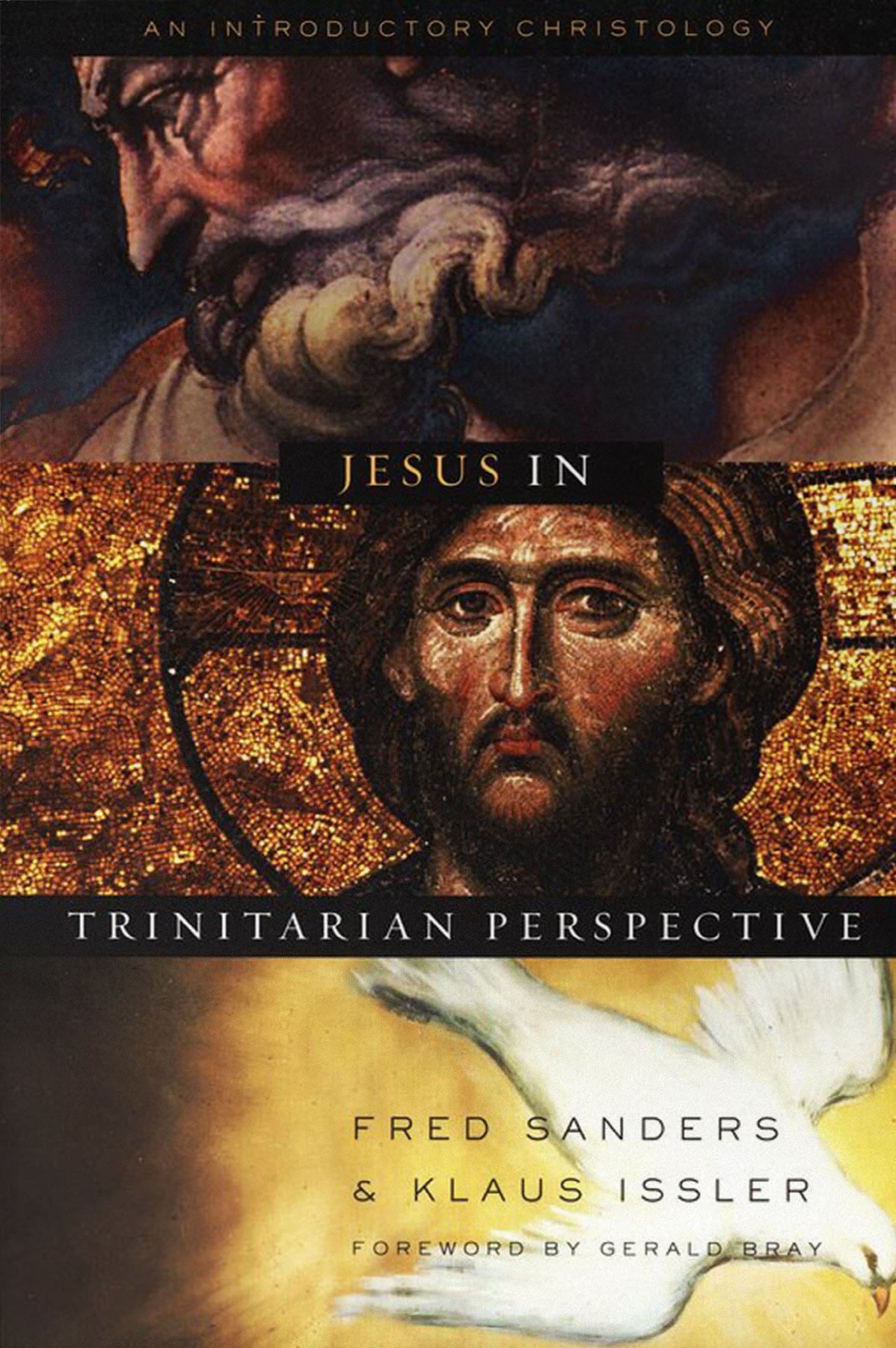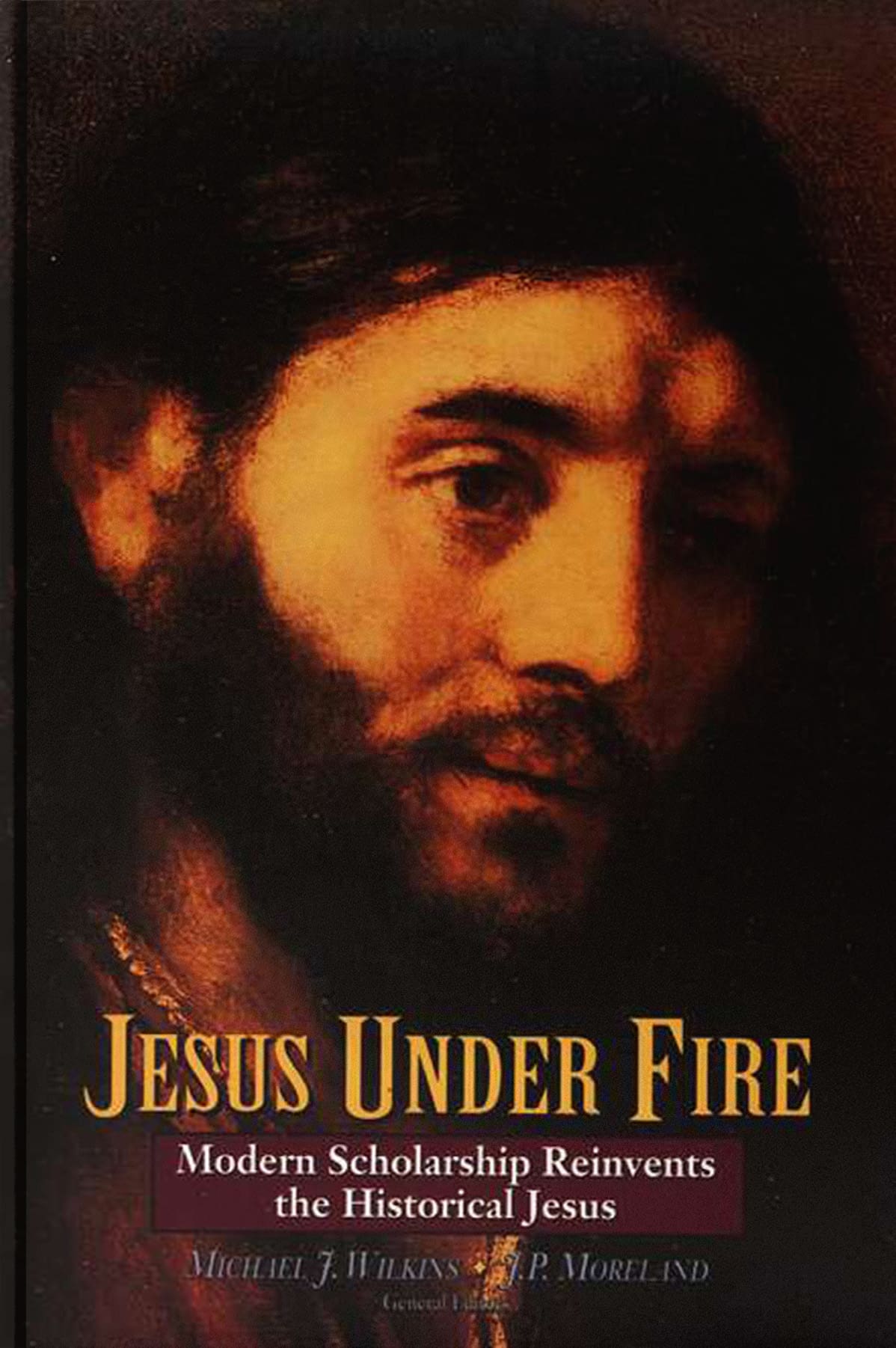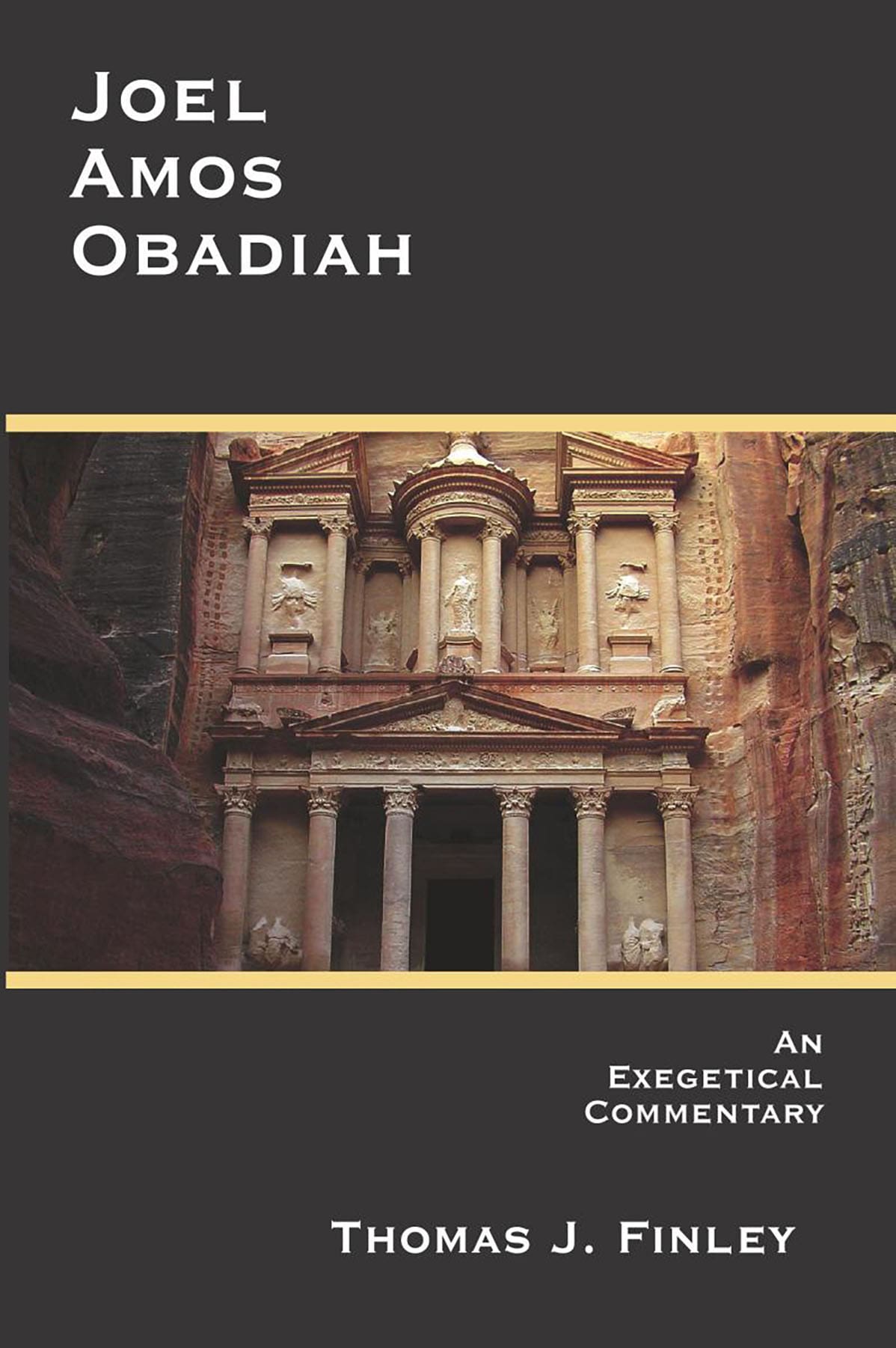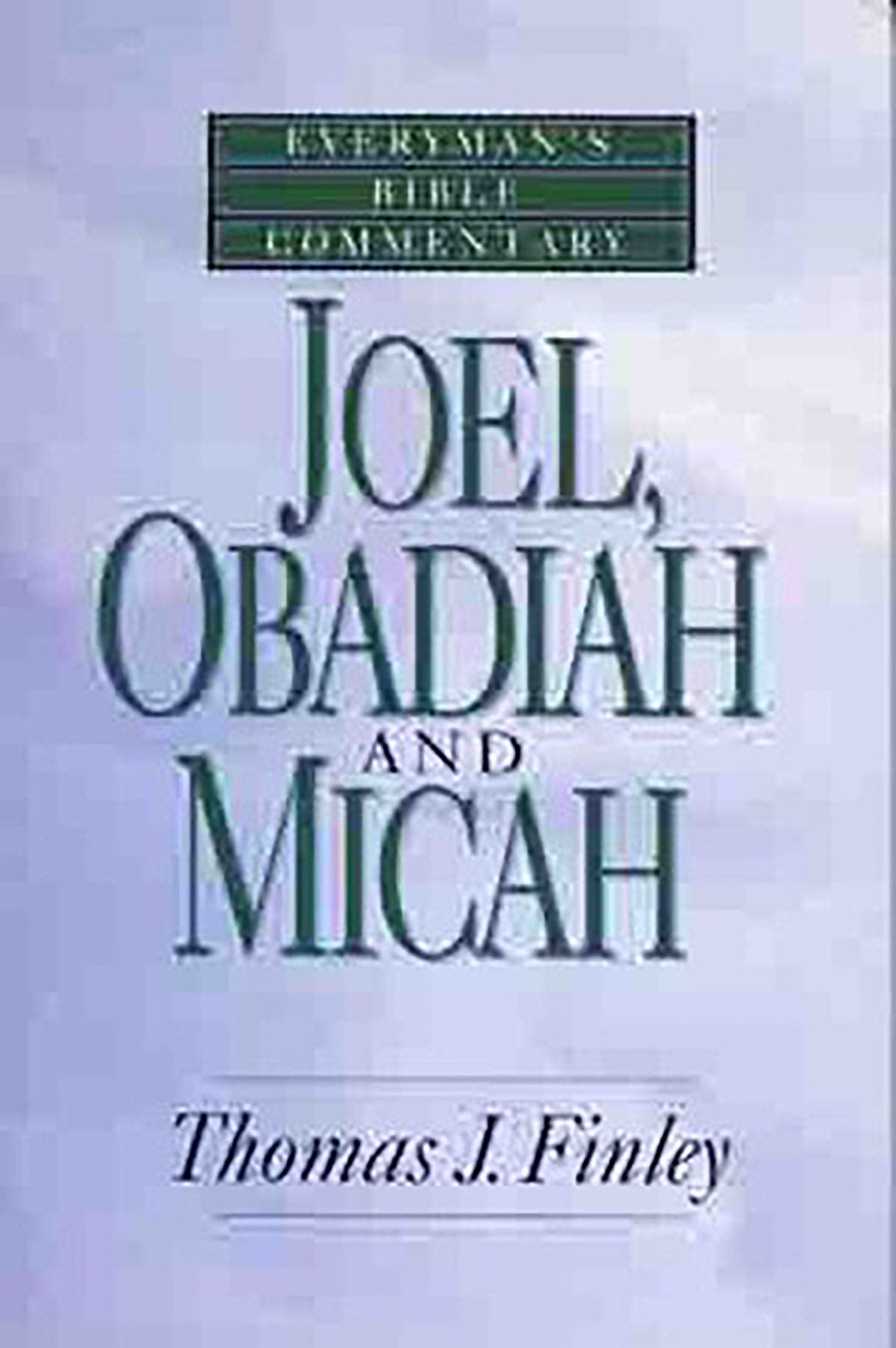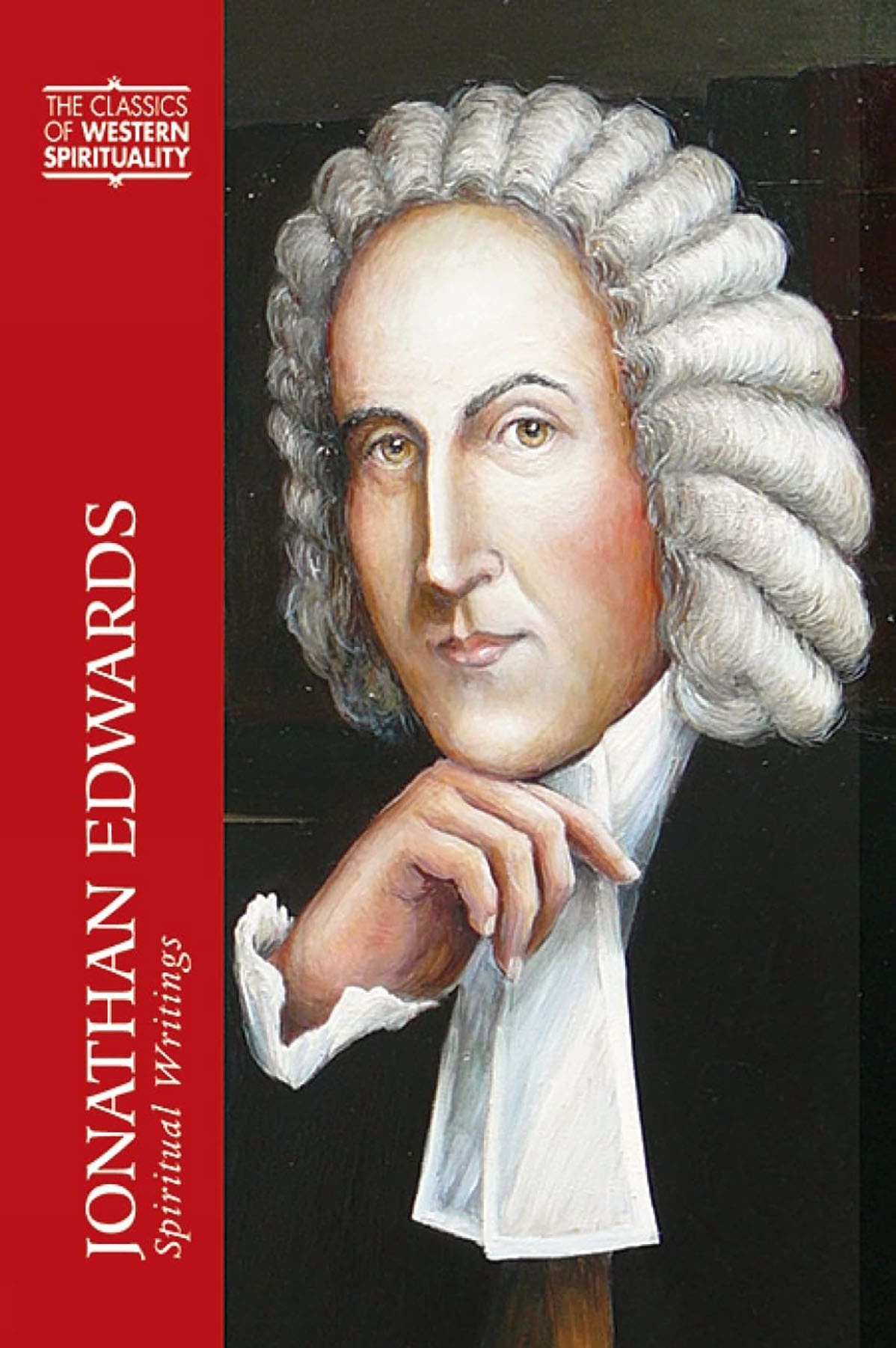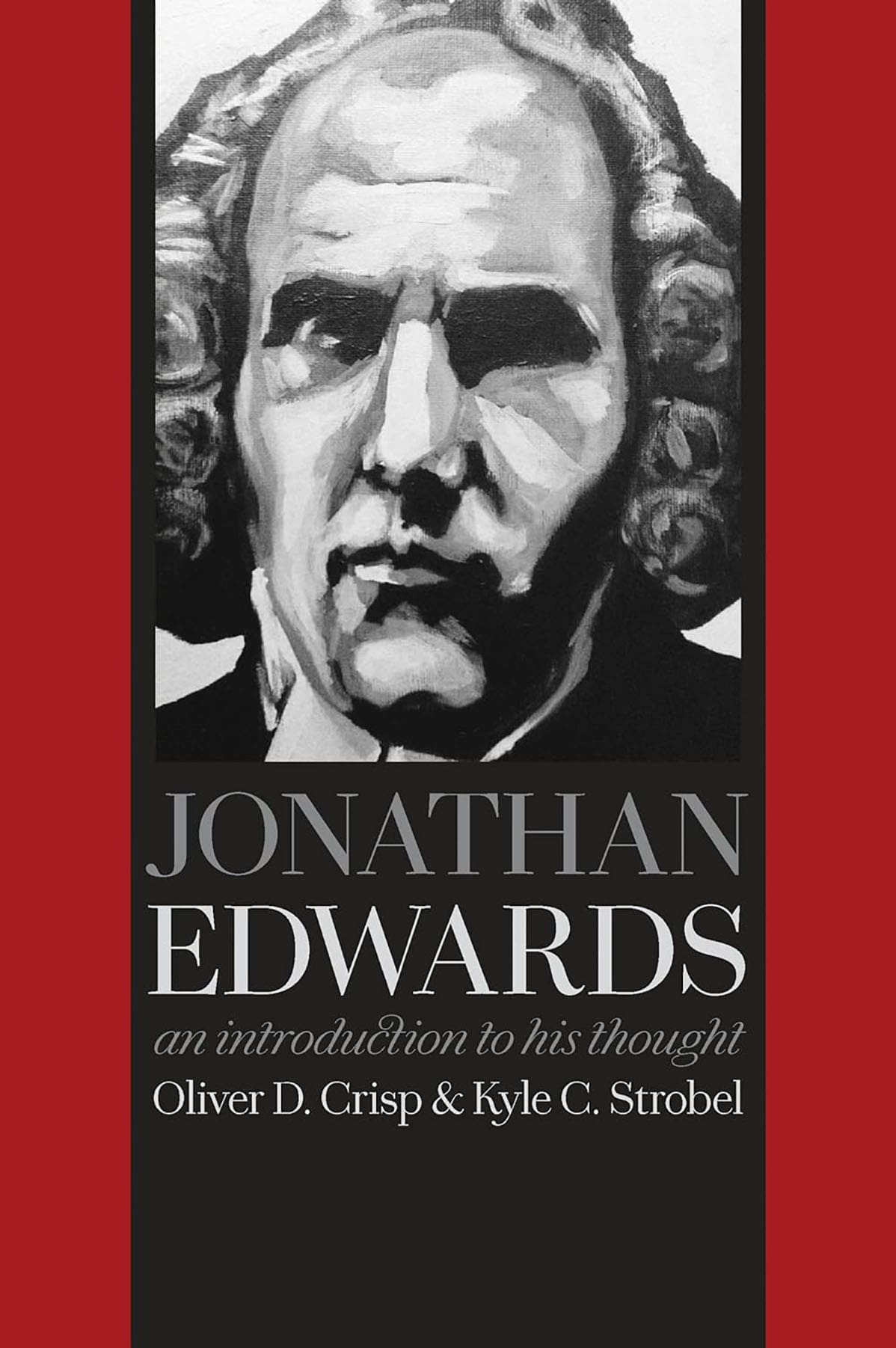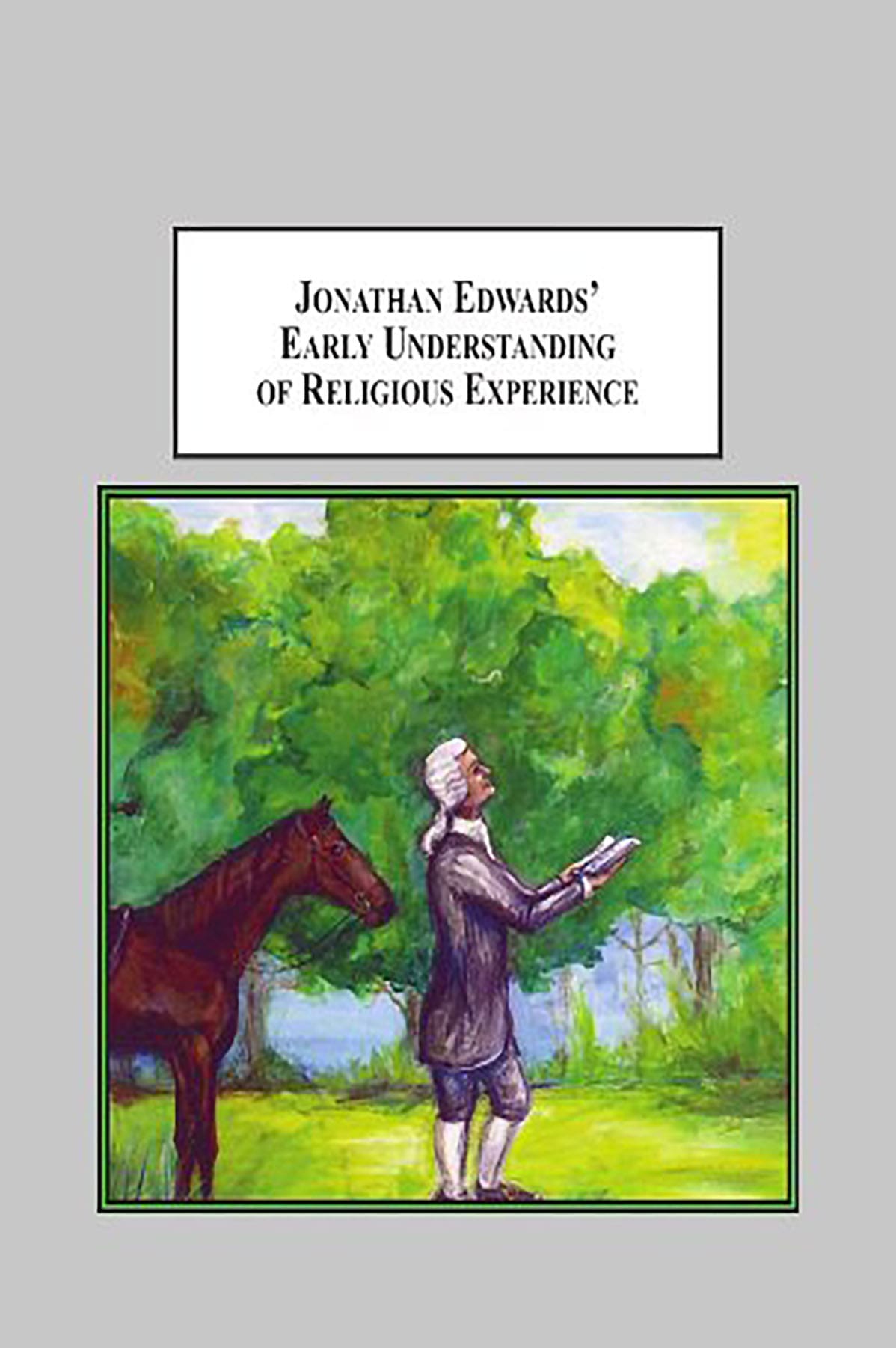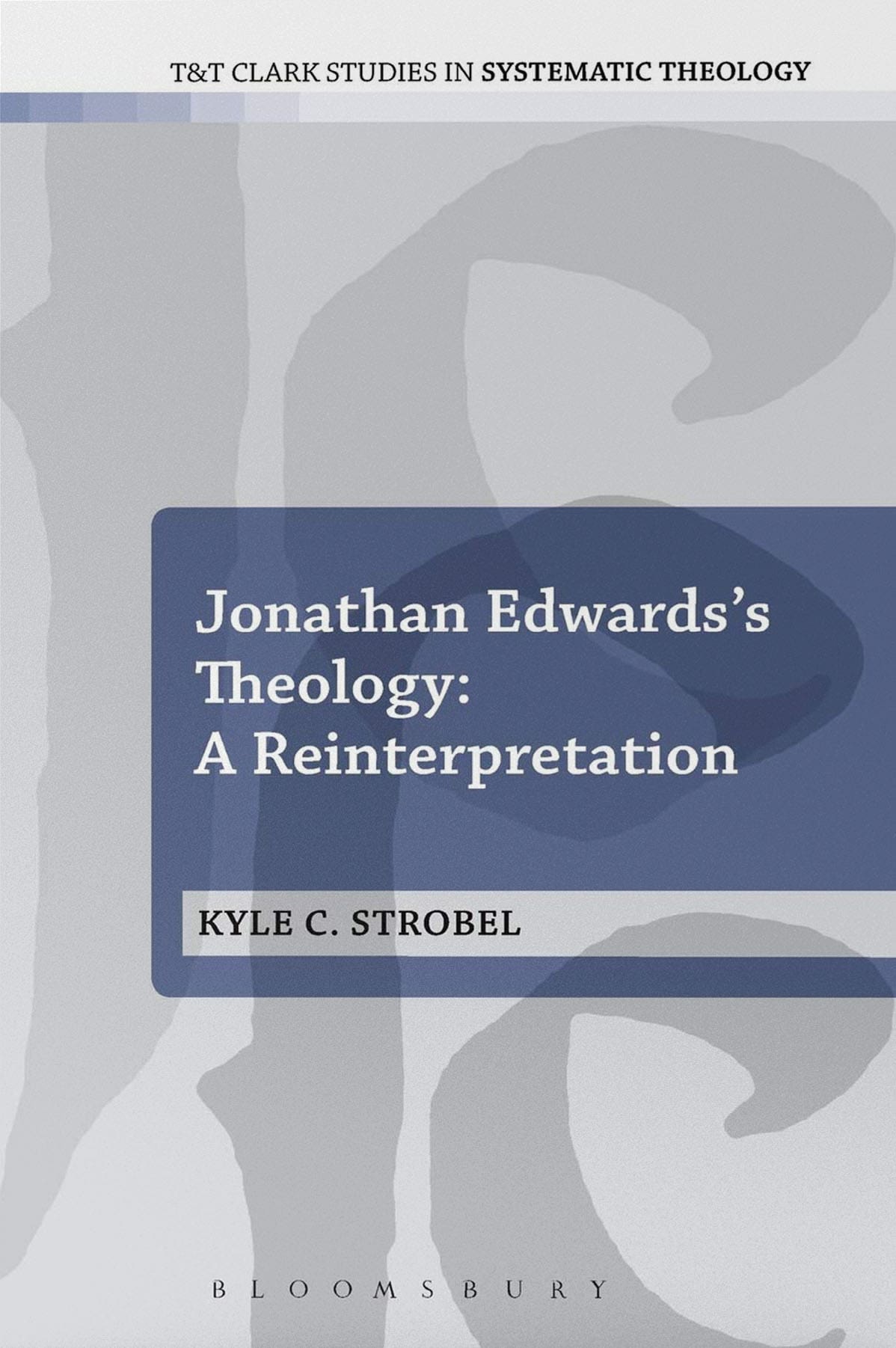Interpreting Daniel for Preaching and Teaching: A Model for Moving from Exegesis to Exposition to Teaching
Daniel is a book intended to be read thoroughly from beginning to end. The final verse (12:13) promises a restoration of what was lost in the first two verses (1:1–2). Between these bookends, with artistic flare, historical accuracy, and apocalyptic hope, Daniel encourages readers that God was, is, and always will be in control. The book’s portrayal of God, its rich theology, and its contribution to the spiritual formation of God’s people influenced Jesus, the New Testament writers, and the early church, and it deserves a place of prominence in the church today. With substantive exegesis, clear exposition, and relevant teaching outlines, Interpreting Daniel for Preaching and Teaching helps preachers and teachers to unpack Daniel’s significance for the church today.

